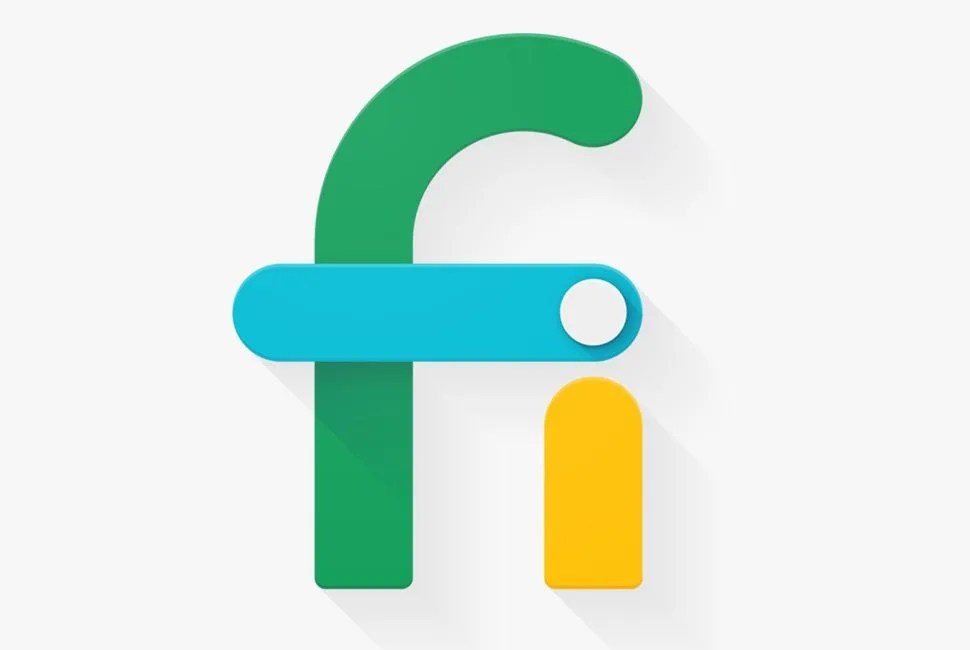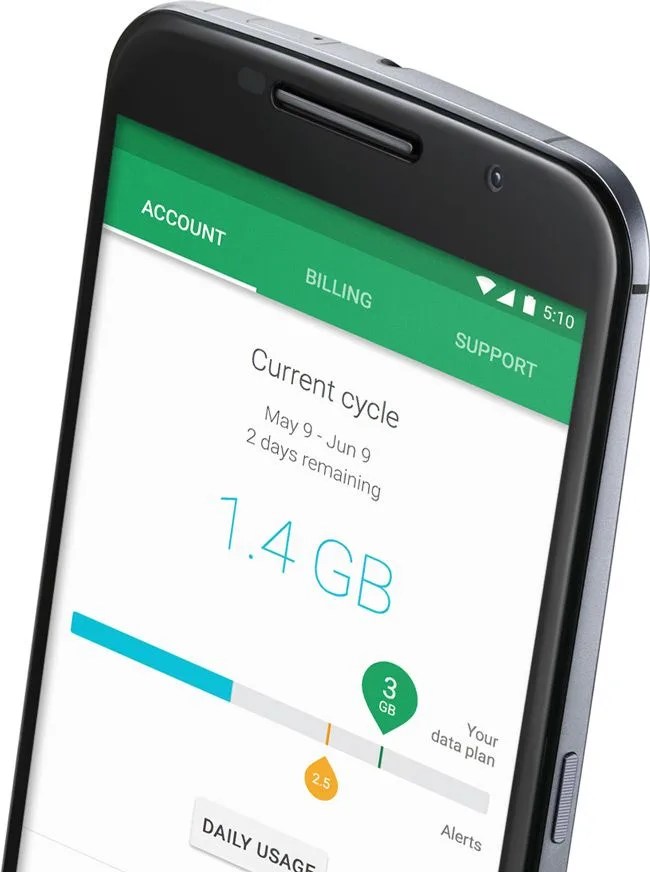Back in March, Google’s SVP of products Sundar Pichai teased the world by suggesting that his company would soon be getting into the carrier space; the notion alone caused quite a few eyebrows to raise. You see, the world of carriers is a fairly large one — you’d have a hard time arguing that there’s a monopoly — but in practice, our choices are woefully limited. While you can go out and select Verizon, U.S. Cellular, Straight Talk, Cricket, AT&T, T-Mobile, or Sprint, your bill won’t vary dramatically from one to the other. If you’re a smartphone user, you’re probably paying somewhere between $50 and $80 per line, and you’re probably paying for at least one amenity that you either don’t use or don’t value (like unlimited minutes or a carrier-provided navigation service).
When Google announced that it was coming into the fray, we had high hopes that it’d disrupt the status quo in a major way. T-Mobile’s “Uncarrier” moves have shaken the pot a bit, but not enough to spur widespread change. This week, Project Fi was announced, officially making Google yet another option for those in need of a mobile provider. The good news is that it’s competitive, it’s a fresh take on mobile, and it’ll make the incumbents take notice. The not-so-good news is that it hasn’t revolutionized wireless yet, but to Google’s credit, we’ll emphasize the “yet.”
What Is It?
Project Fi is a mobile provider. If you’re using any of the carriers we listed above, Fi aims to replace one of those and handle your calls, texts and data traffic. Technically, Fi is an MVNO, which is a super nerdy way of saying that Google itself hasn’t built a network of towers; rather, it’s leasing from the towers already owned by T-Mobile and Sprint. Phones relying on Fi will seamlessly switch between Sprint, T-Mobile, and even authorized Wi-Fi hotspots as you move about during the day, so the end user shouldn’t notice a thing since the phone will automatically latch on to whatever is fastest.
For starters, your phone number is in the cloud, which is a radical departure from the norm
It’s also fully prepaid, meaning that there are no long-term service contracts (and because of that, no discounts on phones). Each Fi plan requires that you pay $20 per month for unlimited talk and text in the States. Data is added at $10 clips, with each $10 getting you another 1GB. Interestingly, Google will actually refund you at the end of each month for partially unused buckets of data. For example, if your data budget is 3GB and you use 2.2GB, you’ll get $8 (for 800MB of unused data) to use next month to lower your bill.


